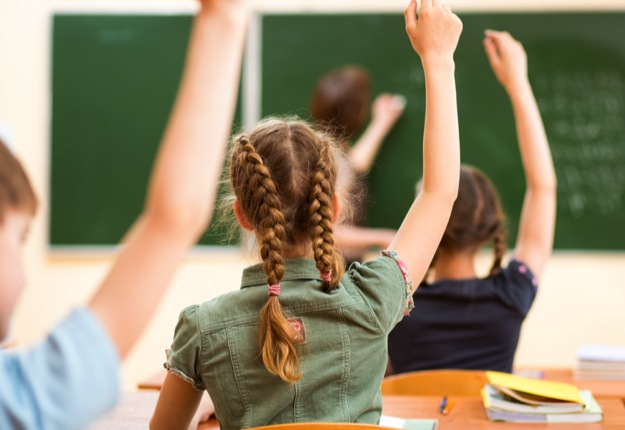A plan to help reduce violence and fighting in school is leading our kids to failure according to one expert.
Automatic suspensions of students who assault others or instigate a fight is being considered as part of the Western Australian Government’s plan to reduce violence in schools, shares Education Matters.
Earlier this year, Education and Training Minister, Sue Ellery, announced a review of the current policies and procedures in place to prevent and respond to violence in schools, after videos were released showing violent fights in Western Australian schools.
“I am shocked and appalled by some of the violence we have seen in our schools this year and something has to change – we need to get tougher,” said Minister Ellery.
“The majority of students do the right thing and come to school ready to learn and contribute, but we do not want to continue hearing stories about students or staff being attacked in places that are designed for learning.”
Stakeholders, unions, professional organisations and peak bodies from across the education sector have agreed to be involved in the development of a Violence in Schools Action Plan, to be released later this year for implementation from 2019, to help reduce intentional violence in schools against students and school staff.
The changes being discussed would involve updates to the existing Department of Education’s Student Behaviour policy.
Under the proposed changes, schools would be required to strengthen the processes for a student’s return to school so support is in place to help improve the student’s attitudes and behaviours and achieve a long-term reduction in violence and aggression.
A ‘good standing’ policy in all government schools is also being considered. A student who assaults or instigates a fight with another student would lose their good standing within the school and would not be able to participate in school social activities, such as the school ball or interschool sports competitions. They would able to earn those privileges back by demonstrating positive behaviour.
The final action plan will be developed in consultation with stakeholders and will involve policy, school and community responses with support for students, school support staff, teachers, school leaders and parents.
It will include clear, long-term policies about when students should be suspended or excluded, what a school’s duty of care is and how to manage repeat offenders.
“I’m under no illusion that this is a big issue and it will be impossible to completely eradicate violent incidents, but we must do better. To do that, we need the support of the whole community. These issues do not start and finish with the school bell and schools alone cannot address this,” said Minister Ellery. “We all have a responsibility to teach our young people that violence is never the answer.”
Expert opinion.
But Dr Justin Coulson, psychologist and father of six, believes this will just set kids up to fail.
Dr Justin shared, “I fear that the ‘one-size-fits-all’ approach to discipline around bullying will fail our most challenged children and lead to worse outcomes.
“The WA Govt is considering automatic suspensions for kids who cause fights in the school yard.
“First, no teenager – particularly those who are disadvantaged or from homes where self-control is not modelled – is going to pause before a fight and think to him/herself, “Gee, we’d better not throw punches or we’ll be suspended.” That’s not how teen brains work. (In fact our punitive approach to crime suggests it’s not how adults work either.) So this approach will be unlikely to reduce assaults at school.
“Second, these kinds of punishments (suspension and not being able to participate in school social activities, such as the school ball or interschool sports competitions) make the ‘instigator’ more self-focused rather than focused on others. They feel justified in their behaviour, and feel like our decision to punish them is unfair. They feel like they’re the victim.
“Third, such a decision ignores the reasons for challenging and violent behaviour. It requires no perspective. It’s inflexible and rigid.
“The trouble is that the best ways to help require time and effort, and too many people are either unwilling to put the time and effort in, or are unable to due to a lack of resources.
“Our kids need stronger relationships. They need a genuine sense of purpose. They should be experiencing a feeling of mastery in their schooling. And they need educators and parents who will partner together to highlight appropriate behaviours and guide them when they get it wrong.”
Share your thoughts below




















-

-
-
Krystal said
- 08 Sep 2019
-

-
-
mom171712 said
- 19 May 2019
-

-
-
teegsmrstee said
- 19 Apr 2019
-

-
-
Blossom said
- 02 Sep 2018
-

-
-
mom74005 said
- 11 Aug 2018
-

-
-
mom111059 said
- 09 Aug 2018
-

-
-
Ellen said
- 09 Aug 2018

-

-
-
curlytops said
- 08 Aug 2018
-

-
-
mom114371 said
- 08 Aug 2018
Post a comment7:46 pm
7:59 pm
8:18 pm
2:18 pm
9:06 am
7:46 am
4:12 am
11:41 pm
4:41 pm
To post a review/comment please join us or login so we can allocate your points.